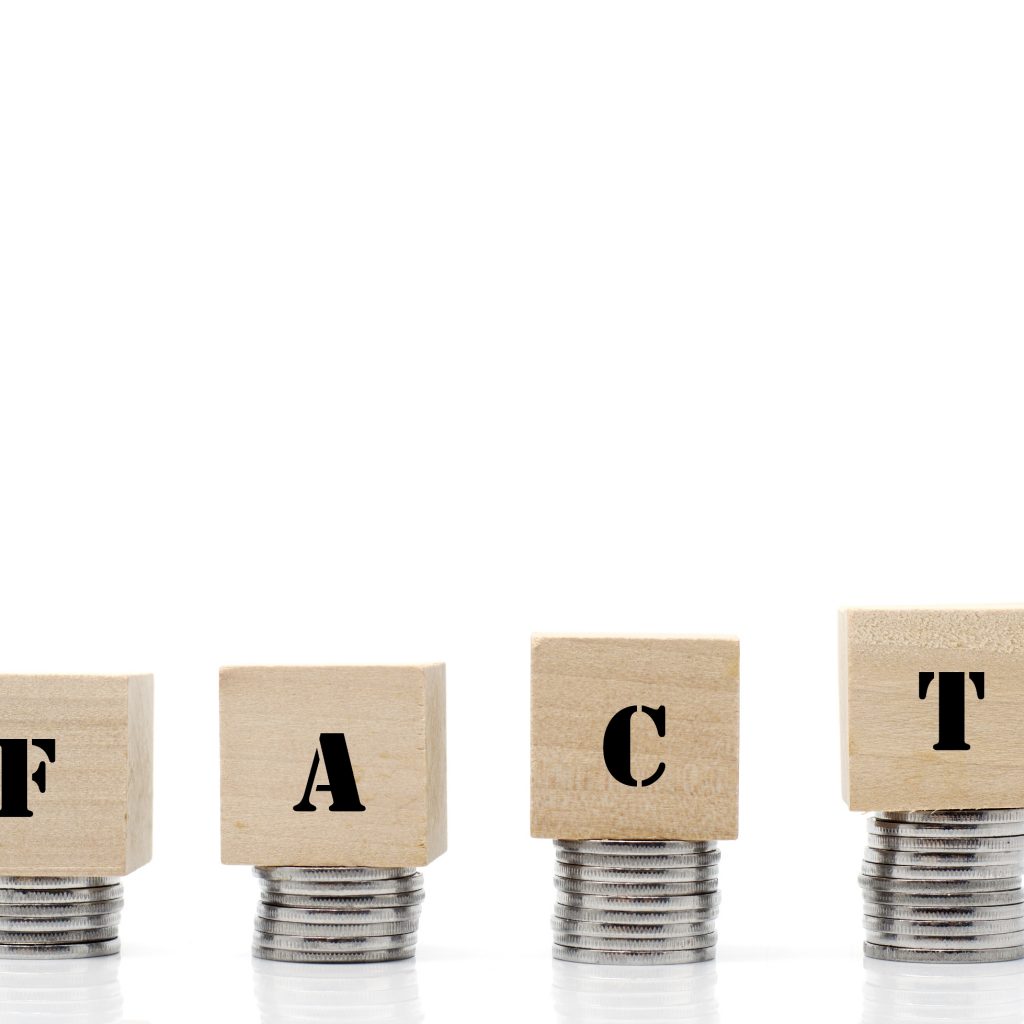
You probably know that embarking on a house-hunting process can be an overwhelming and complex task all on its own. However, securing a mortgage in order to finance your purchase is yet another obstacle that homebuyers in the US have to tackle. And do note that if you are like most individuals who purchase a home, you will likely take out a mortgage so that you can finance the purchase. Mortgage underwriting refers to the process that lenders, such as banks, use to assess a person’s creditworthiness.
The mortgage underwriting process is complex because of the amount of due diligence that your lender has to conduct before loaning out a large sum of money to you.
Most lenders, such as banks and credit unions, want to be sure that you can pay off the money loaned to finance the purchase of your home or commercial property. Although many homebuyers in the US qualify for a home loan without any issue, others can find getting approval more challenging.
What is Mortgage Underwriting?
Keep in mind that underwriting a mortgage is a crucial step in your home-purchasing process.
A mortgage loan underwriter is someone who either approves your loan or denies it, based mainly on the amount of risk you pose as a borrower. This is why underwriters will consider and assess your credit history, your income, your debt, and other factors in order to determine if you are a suitable candidate.
The FHA mortgage underwriting process in the USA involves a number of steps. The lender will follow these steps before making a decision about whether to approve a mortgage or deny it. In most cases, during the home loan underwriting process, underwriters take a fine-toothed comb through every deposit, form, and credit report to ensure your creditworthiness.
Keep in mind that a mortgage underwriter’s job is also to make sure that borrowers meet the lender’s guidelines and criteria, confirming and assessing your credit and DTI (debt to income ratio).
f
(READ: FHA Mortgage Underwriting Process)
What Happens During Mortgage Underwriting?
Typically, during the FHA underwriting process, the underwriter will collect certain items and documents from you and evaluate these documents. Some of the items and documents you might have to submit include:
- Tax returns
- W-2s
- Recent pay stubs
- Copy of government-issued ID
- Verification of employment
- Permission to pull credit
How to Expedite the Underwriting Process
One of the best ways you can speed up and streamline the underwriting process is making sure that all your paperwork is complete. If you do this, you will probably receive approval for your loan within 2 to 3 days.
On the other hand, if more documents or information is required, then you will have to wait one week (at least) for the underwriter to issue their “conditional approval.” While we know that the mortgage underwriting process in the US can be frustrating and daunting, just keep in mind that you are close to the finish line, and your dream of homeownership will materialize soon.


